Q&A with author Joy Castro
The Trinity alumna will be giving a lecture on the 25th via Zoom
Joy Castro ‘90, award-winning author of The Truth Book, two literary thrillers, an essay collection and a short fiction collection, will be giving a lecture via Zoom tomorrow titled, “Packing a Punch: Concision, Intensity, and Violence in Fiction and Nonfiction, A reading and Q&A with Joy Castro.”
The Trinitonian had the opportunity to interview the alumna ahead of her event. The lecture, taking place from 1:00-2:00 p.m, is a collaboration between several departments. To register for the lecture, click here.
Can you talk a little bit about your time and experiences at Trinity and how that helped shape you into the writer you are today?
Trinity opened my world. I came from a very restricted, oppressive background — I was first-gen, from a background of poverty, and from a fundamentalist Christian sect that did not believe, for example, in evolution or in voting — and yet somehow I had always been hungry for the life of the mind. Arriving on Trinity’s campus at 16 was like stumbling into paradise.
We will not discuss the veritable buffet of alcohol and illicit substances or the many mind-blowing concerts I got to attend with my Trinity friends — R.E.M., U2, INXS, Simple Minds, and endless small bands, all live, all back in the day — or how much I loved to go dancing at Los Padrinos or the Bonham Exchange, or spontaneously drop everything and go overnight camping at Lost Maples or Enchanted Rock, or Pedernales, or even drive down to the coast after school and swim all night in the dark. Glorious.
No. We will speak instead about the excellent seminars, the devoted professors, the small classes and great library where I spent a ridiculous number of hours devouring everything I could, and the English professor who mentored me, encouraged me to go to graduate school, and further changed the course of my life.
I loved my courses in studio art, drama, Asian religions, women and religion, history, psychology and child psychology, and everything in literature. One course on Anaïs Nin, Henry Miller, and Lawrence Durrell met each week at a different bar. I don’t suppose that’s allowed today, but we certainly did have good attendance.
San Antonio itself, as a heavily Latinx city, was a beautiful part of my education, because although my own family is working-class Cuban American Floridians, from the 19th-century waves of anticolonial political immigration, I had grown up from age 7 through high school graduation in West Virginia, where even today the Latinx population is miniscule. Because of that dearth of Latinx culture, being in San Antonio was a heavenly immersion. From my junior year on, I lived in an entirely Latinx, working-poor neighborhood, and I learned as much from my neighbors and the waitresses I worked with downtown at the Gunter Hotel, to be honest, as I did in some of my courses. They were my other professors, my other curriculum. I was very, very blessed in that way. I have written about this in Island of Bones.
I browsed your website but couldn’t find what exactly you studied during your time at Trinity, can you confirm your majors/minors?
Yes: I majored in English. I had no minor. I suppose you could say I minored in raising a baby: he was born when I was a junior. (This included tremendous time-management skills, which have really paid off over the years in my academic career.)
I had come to Trinity with the intention of majoring in Political Science and becoming a career diplomat, but my courses in Political Science disabused me of the notion that I could ever be pragmatic and cynical enough, which is probably a good thing for international relations. Also one Political Science professor threw chalk at us if we seemed inattentive, so that was kind of a turnoff, though it was also kind of comical. I expect that’s not allowed anymore, either.
The library had a copy of Naomi Shihab Nye’s Different Ways to Pray, which I adored so much I stole it (and then paid the library back; I didn’t know you could just ask a bookstore to order a book for you — such first-gen cluelessness!). I just knew I couldn’t live without it. That gorgeous, ecstatic, deceptively simple book — so graceful, so unshowy, yet so profound — made me think, Yes, maybe I can be a writer, too. Naomi is a Trinity alumna, also, and one of the kindest, most open-hearted people I’ve ever met.
So you could also say that I was studying how to become a writer, too, and studying what kind of writer I wanted to become.
In “On Length in Literature,” you write that the length of a text is “a reflection of the material conditions of the author’s life.” Could you talk more about the responses you’ve been met with regarding this statement? Is there a demographic of people (perhaps the privileged you write about), who seem to agree or disagree with your statement?
You know, people haven’t challenged me directly about that assertion. It would be very handy (in terms of answering your question) if they had, but perhaps that’s just not something they want to say to my face or write to me directly about. I would be genuinely interested in hearing some reasoned arguments against that claim; I’d love to know what the supporting evidence would be.
It’s certainly true — to argue against myself, now — that people in conditions of material extremity have written hefty novels and other long works, but it generally takes them a long time, and they usually sacrifice in serious ways to be able to do so. Well-to-do people may sacrifice aspects of a robust social life, or some level of time with their families, or maybe a vacation or three, and so on, in order to write, but I mean severe, serious sacrifice. Sacrifice that leaves a scar.
What does it feel like to be back at Trinity, this time as an alumna giving a talk to current Trinity students?
It’s a delight. I love and admire the work of Professor Cantú, so it’s an honor to be invited by her, and I always love talking with students about literature, writing, and passion. I’ve visited a lot of colleges and universities now, and it’s a special treat to come back to Trinity in this capacity. I wish I could be there in person with you all.
Is there anything else you’d like to add that I didn’t mention?
Yes! Thank you for asking. I know my agent and editor would want me to mention my new book, Flight Risk, a suspense novel forthcoming this November. I’m very excited about it. It features a Latina sculptor navigating a rocky marriage to a wealthy white doctor in Chicago. When she finds out that her mother has died in prison back in rural Appalachia, she goes back home to reckon with her past and face what the coal-mining industry has done to the land and her people. It’s about making difficult reproductive choices in an era of climate crisis, and it’s also about the challenges of making art as a woman outside the mainstream. I’m entirely psyched to get it out into the world.

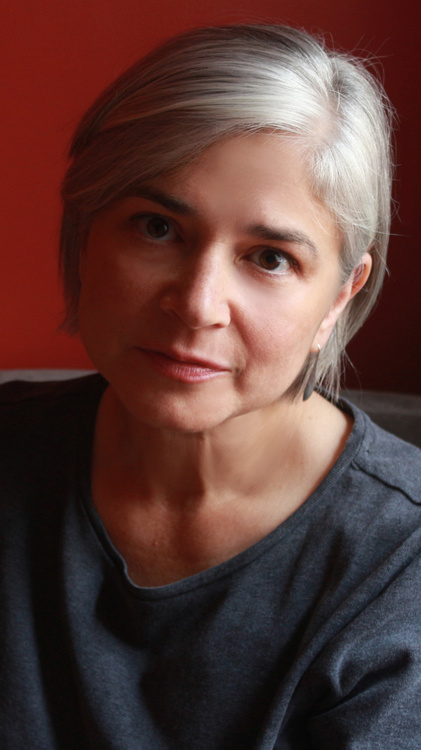




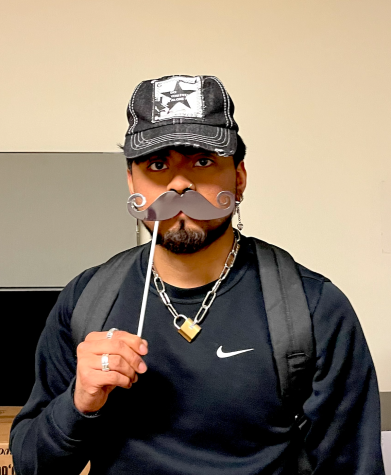
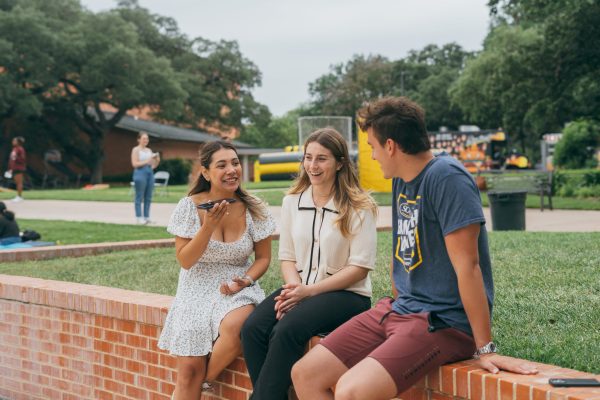
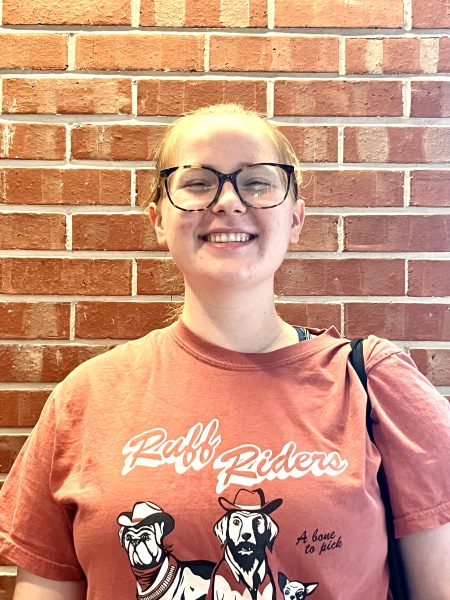
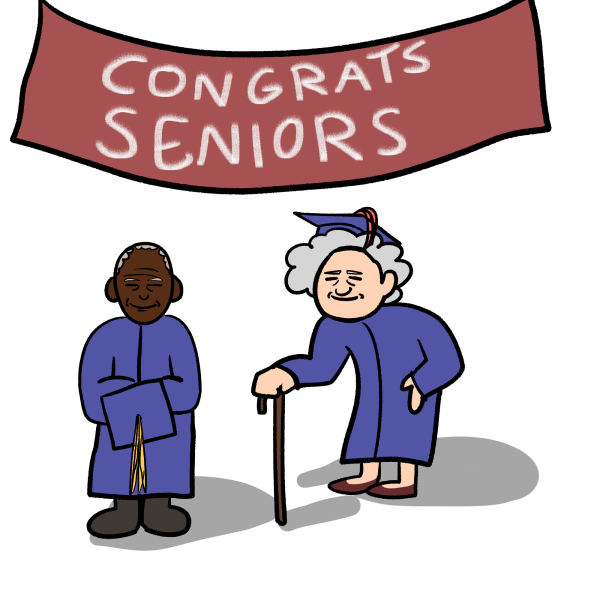

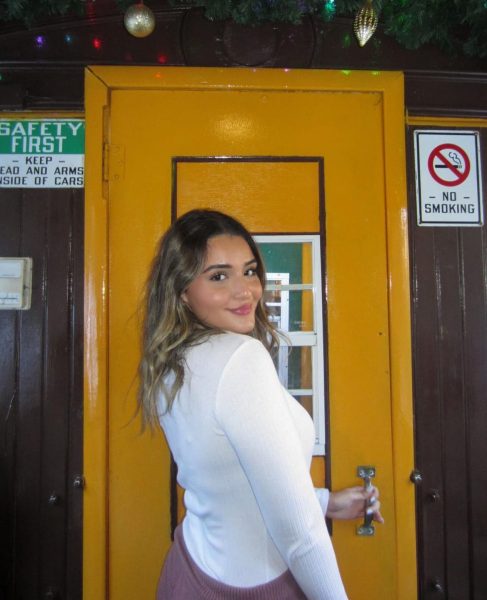
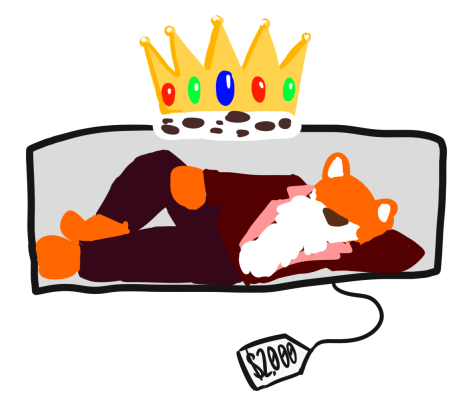

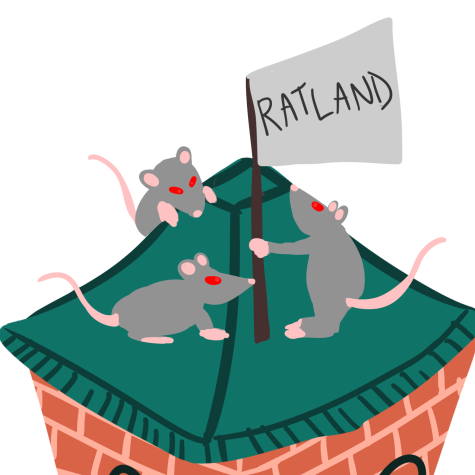
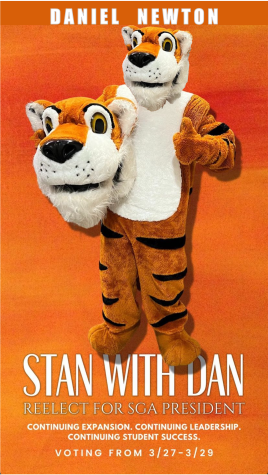
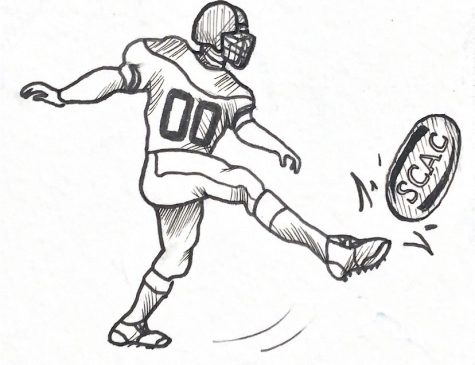
Norma Cantu • Mar 25, 2021 at 11:58 am
Great interview, Kayla! Thank you, Joy, for your time and your candor. You are speaking in about an hours….so I’m getting jittery–in a good kind of way–and loving that my students get to meet you!